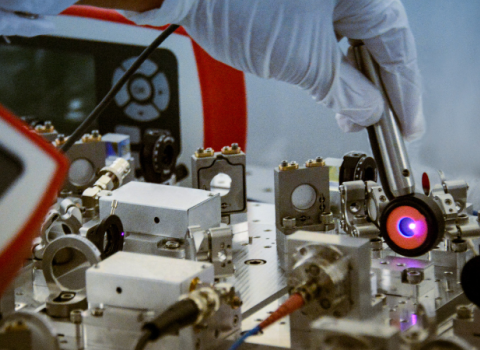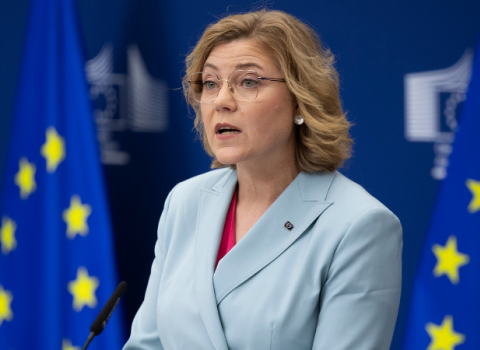With the promise of academic exchanges, industry tie-ups and regular dialogue, the agreement comes after months of uncertainty over the UK’s quantum cooperation with the EU

George Freeman, UK science minister. Photo: parliament.uk
The US and UK have signed an agreement promising to work more closely together on quantum research, in the latest example of the international alliances that are being formed over the technology.
The partnership will see the countries exchange academics, link up quantum-focused companies and regularly discuss policy issues that arise out of quantum, including security.
“Today’s agreement is the latest chapter in the close partnership between our two countries in science and innovation, and I look forward to seeing the results for both nations in the years ahead,” said UK science minister George Freeman.
Quantum technologies draw on the properties of quantum mechanics, and although practical applications are currently limited, hold out the prospect of an entirely new type of computing that can solve certain classes of problem that existing computers find impossible.
They could also be used to build practically un-hackable communications tools.
In the joint statement released today, the UK and US commit to facilitate “interactions between government, academia, and the private sector to discuss and understand research trajectories” in quantum.
It also says the countries will ensure “regular bilateral and multilateral opportunities to discuss QIST [quantum information science and technology] matters of international importance” including “regulatory, social, security, mutual access, and technology protection” issues.
The UK National Physical Laboratory and the US National Institute of Standards and Technology will also swap staff and students and align projects in areas like “quantum metrology, computing, clocks and future technical standards.”
Eric Lander, science adviser to US President Joe Biden said, “By working together, we can broaden training opportunities, develop new applications for quantum technology, and think globally about how to maximise the benefits of these technologies for everyone.”
US agreement follows EU/UK quantum uncertainty
The tie-up with the US follows months of uncertainty over the future of the UK’s quantum cooperation with the EU.
In the spring, the Commission proposed that the UK, plus other associated countries like Israel and Switzerland, be excluded from sensitive quantum and space Horizon Europe projects.
That triggered a backlash from member states, and concerns from European research leaders that if the UK and Israel remained excluded, they would seek out alternative partners.
But after an internal re-assessment, the Commission is now thought to favour including the UK and Israel in quantum calls.
However, the UK’s entire association to Horizon Europe is now delayed, with the Commission refusing to sign it off until wider political issues like the Northern Ireland Protocol are solved.
Politicians in the UK have warned that the longer the delay goes on, the weaker the case for association becomes, and that they have a “Plan B” if association falls through.
The UK-US quantum tie up is not the first national alliance over the technology. In August, France and the Netherlands agreed to “intensify cooperation” in quantum and to boost European strategic autonomy in the technology.





 A unique international forum for public research organisations and companies to connect their external engagement with strategic interests around their R&D system.
A unique international forum for public research organisations and companies to connect their external engagement with strategic interests around their R&D system.